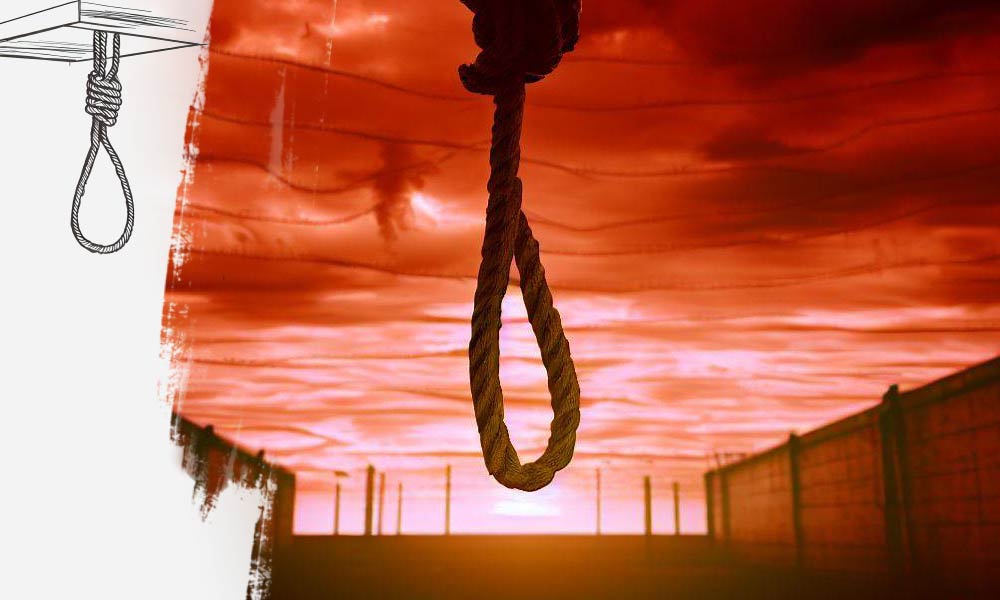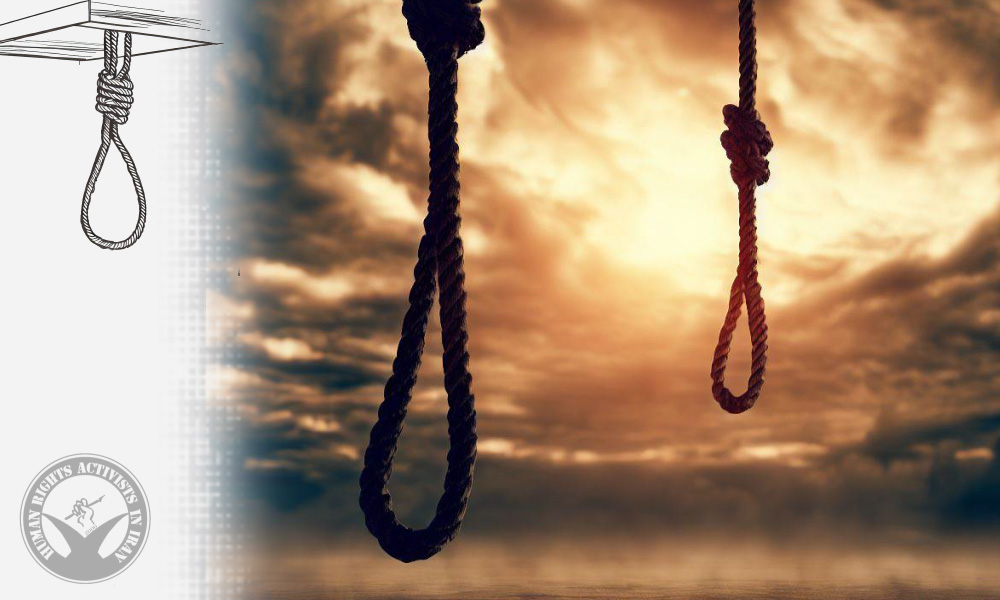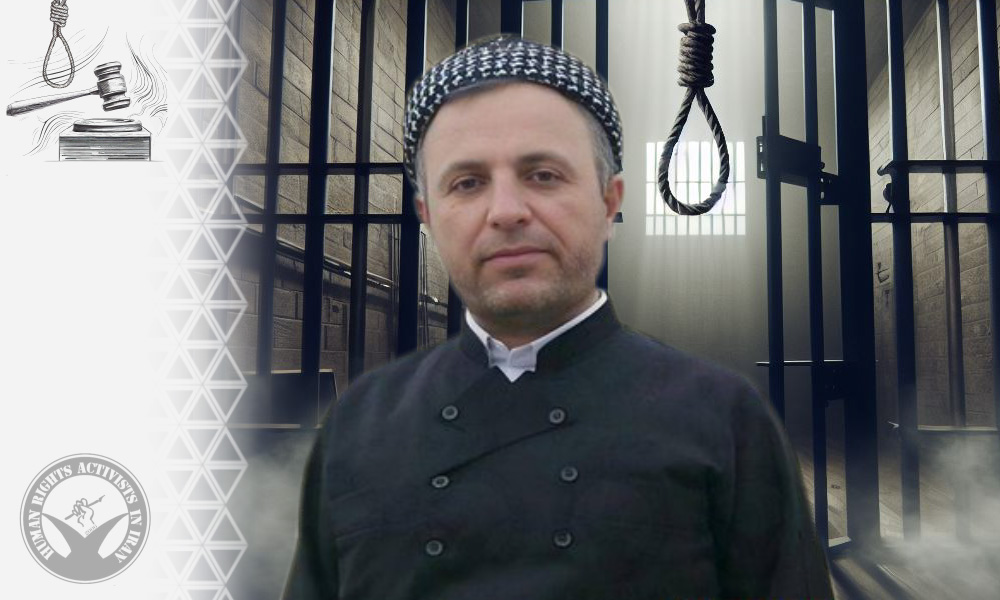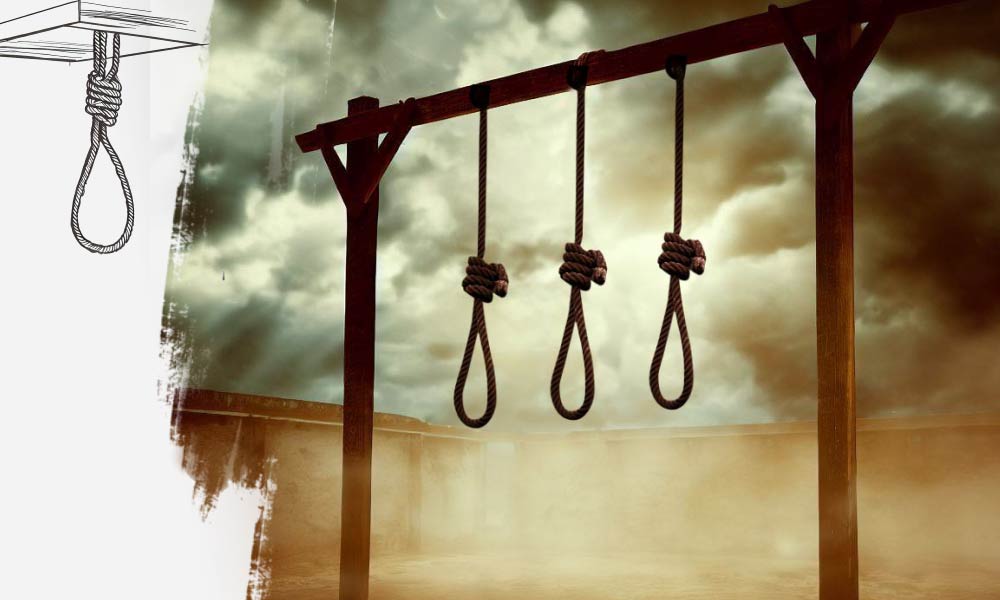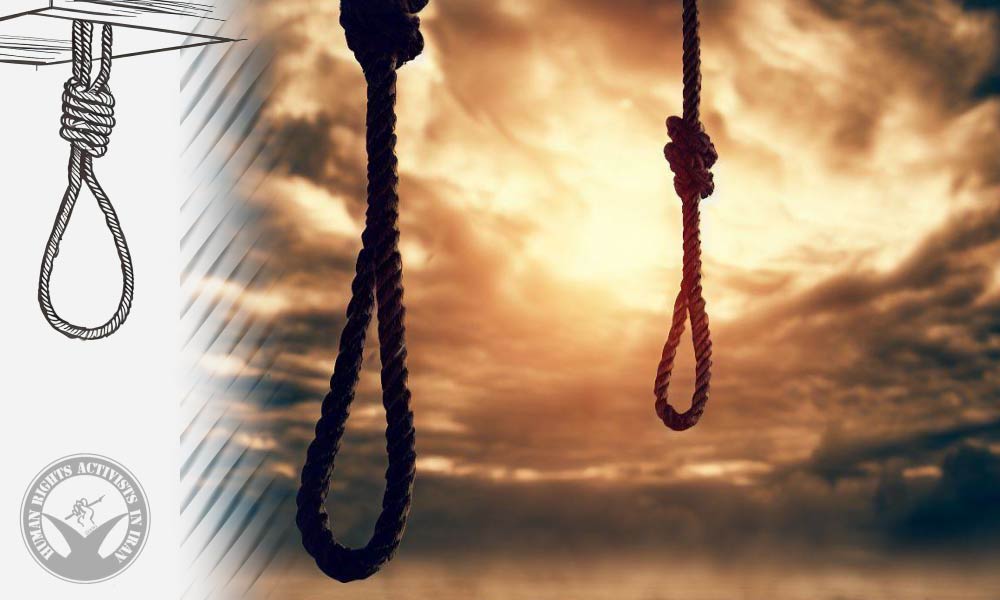Amir Raisian, the lawyer for protest rapper Toomaj Salehi, announced that Branch 39 of the Supreme Court has overturned the death sentence against his client. The case will now be referred to another court branch for further review.
“In a precise verdict, the Supreme Court not only overturned the death sentence but also affirmed that even the previous sentence of six years and three months stands at odds with Article 131 and the rules of multiplicity of charges,” Raisian clarified.
In mid-May, Raisian announced the registration of his appeal to the Supreme Court, stating, “One day after this announcement about the initial verdict against my client, prison officials banned Salehi from making phone calls and even imposed restrictions on in-person visits.”
In April, the Revolutionary Court of Isfahan sentenced Salehi to death for “spreading corruption on earth.” At the time, Raisian commented on the ruling, stating, “Branch 1 of the Isfahan Revolutionary Court issued an unprecedented verdict by disregarding the Supreme Court’s resolution from 2022, labeling it as an ‘advisory verdict,’ and upheld the initial death sentence for ‘spreading corruption on earth.’”
Salehi’s legal saga began in late October 2022 when he was initially detained by security forces during nationwide protests. Subsequently, the Isfahan Revolutionary Court sentenced him to six years and three months in prison, among other penalties. However, he secured release on bail after the Supreme Court overturned the verdict.
Nevertheless, Salehi’s freedom was short-lived as he was re-arrested in Babol on November 30, just twelve days after being bailed out from Dastgerd Prison in Isfahan. The Judiciary spokesperson cited Salehi’s post-release statement as grounds for this subsequent arrest.
It’s worth noting that Salehi has a prior conviction from January 12, 2022, where he received a six-month prison term and a fine, with the imprisonment suspended for one year.



